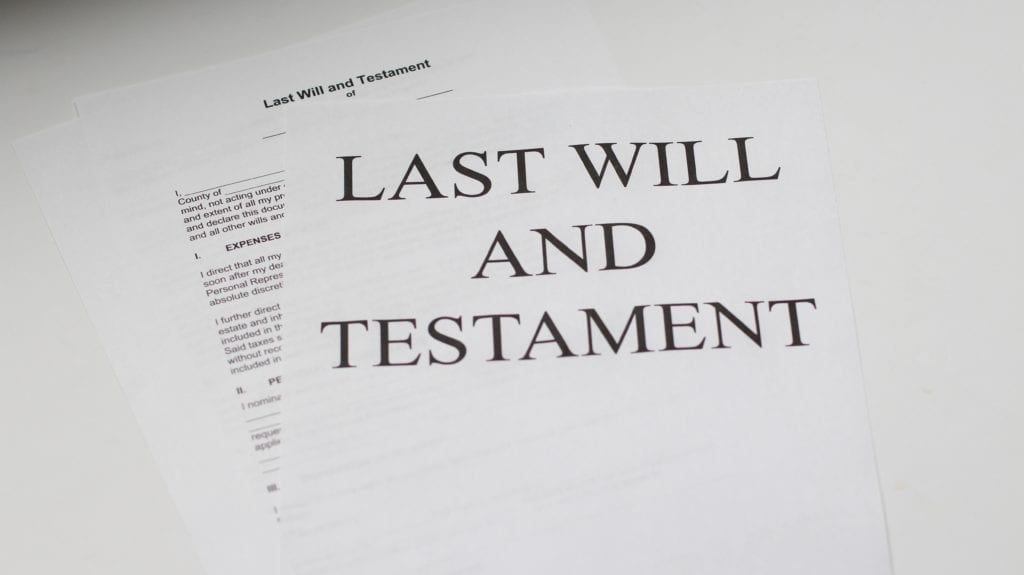Losing a loved one is difficult and comes with its own set of hurdles. The last thing you want to deal with is a lengthy and complicated probate process. It’s important to have an experienced attorney on your side to help you understand the process.
What Is Probate?
So, what types of assets are subject to probate? There are two ways that assets pass to one’s heirs. They can pass a) in court or b) out of court. In court transfers are known as probate. Probate is the process where, through law and judgement, the court decides what goes where and who gets what. Probate actions are either testate (with a will) or intestate (without a will). If a person has died with a will, probate can also be used to determine if that will is valid as someone’s last true testament. The judgement will be decided based on the will or the laws of intestacy. Keep in mind, a will can be contested resulting in a court hearing.

What Qualifies As In Court Assets?
Basically, assets that are titled in the decedent’s name alone are subject to probate. This means there is no beneficiary named in the will or in a contract. These assets include personal belongings such as household furnishings and collectibles and other personal effects; anything that is listed in the will without a named beneficiary. Automobiles can avoid it in certain instances, but are also subject to the process. Other eligible assets can include those titled as tenants in common (such as real estate owned by a single individual). This is a share of property the decedent owns.

There are ways to assure what would be considered in court transfers are handled as out of court transfers of assets. One way to do this is through living trusts.
Do you live in the Chicagoland area? To learn more about setting up living trusts, creating a final will and testament, or to find out what types of assets are subject to probate, contact Schottler & Associates.

